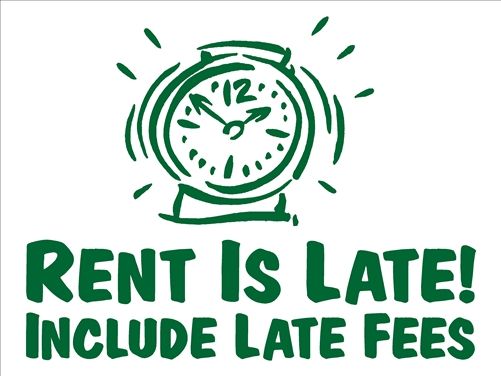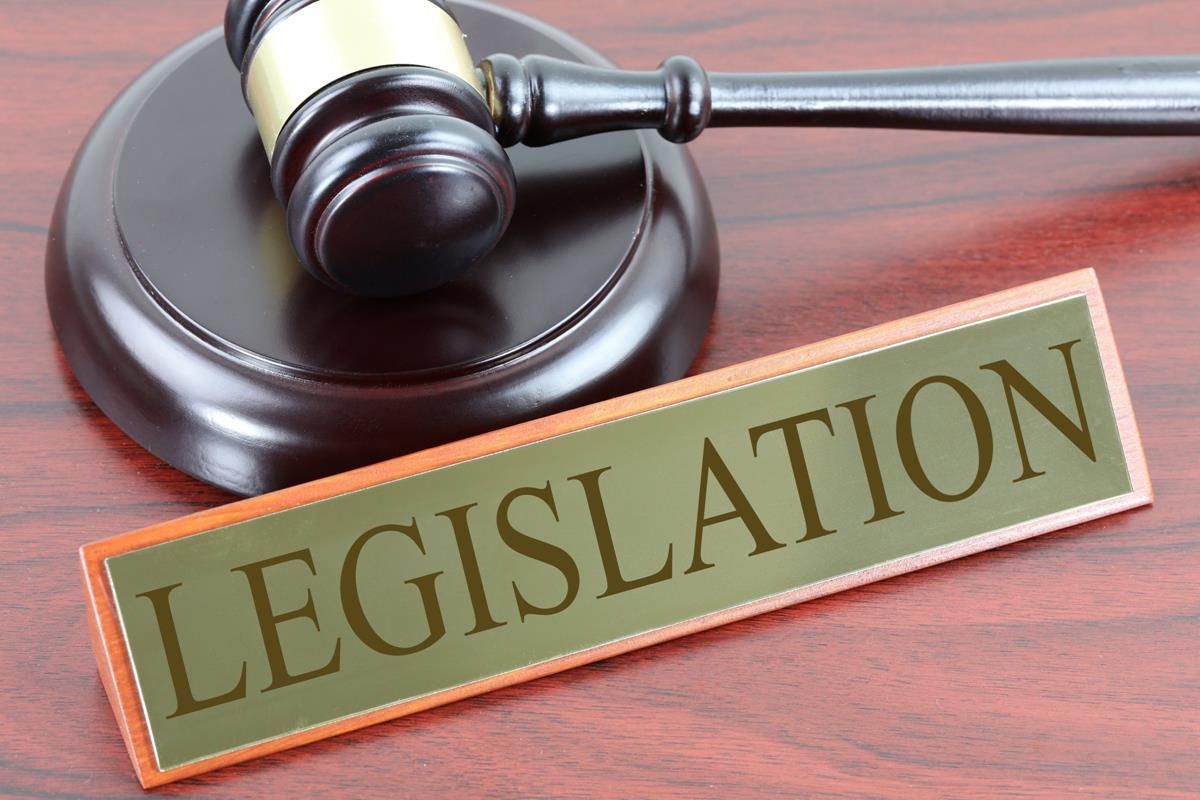
What is a Stipulation?
A stipulation is a formal, legally binding agreement between a landlord and a tenant that outlines specific terms or actions both parties must follow. It is often used to resolve disputes or address issues without going to court. Stipulations can cover various topics, such as:
- Rent payment plans for tenants who are behind on rent.
- Corrective actions for lease violations (e.g., noise complaints, unauthorized pets).
- Agreements regarding property condition at move-in or move-out.
Once signed, both the landlord and tenant are legally obligated to adhere to the terms. If either party fails to comply, there can be legal consequences, such as eviction or fines, depending on the agreement.
When Should a Landlord Use a Stipulation?
A landlord should consider using a stipulation in the following situations:
- Late Rent Payments:
- If a tenant is behind on rent but shows a willingness to pay, a stipulation can outline a payment plan.
- This allows the tenant to catch up over time while avoiding immediate eviction proceedings.
- Lease Violations:
- For minor violations (e.g., noise complaints, unauthorized pets), a stipulation can specify corrective actions the tenant must take within a set timeframe.
- This gives the tenant a chance to comply and avoid penalties or eviction.
- Avoiding Eviction:
- A stipulation can serve as a "last chance" agreement, giving the tenant an opportunity to resolve issues before eviction proceedings begin.
- Examples include paying overdue rent, removing unauthorized occupants, or repairing damages.
- Court Settlements:
- If a dispute has already escalated to court, a stipulation can be used to settle the case out of court.
- This saves both parties time and legal expenses while resolving the issue amicably.
- Property Condition Disputes:
- A stipulation can document the condition of the property at move-in or move-out.
- This can help prevent or resolve disagreements over security deposits or property damages.
Key Considerations for Landlords
- Mutual Benefit:
- Use a stipulation when both parties can benefit from resolving the issue amicably, such as preserving a good tenant relationship or avoiding costly legal proceedings.
- Legal Enforceability:
- Ensure the stipulation is clear, specific, and legally binding.
- It’s advisable to have it reviewed or drafted by a legal professional to ensure enforceability in case of noncompliance.
- Documentation:
- Keep a signed copy of the stipulation for your records.
- This may be needed if the tenant fails to comply and further action (e.g., court enforcement) is required.
Final Takeaway
A stipulation is a valuable tool for landlords seeking to resolve tenant issues without immediate legal action. It provides a structured, mutually agreed-upon solution while maintaining the landlord’s ability to enforce consequences if the tenant does not comply. Use it when you want to offer flexibility but still protect your rights and property. Always ensure the stipulation is legally sound to avoid complications down the road.
Click Here For Sample Form (or consult your attorney for appropriate form)
###
Disclaimer: The source of this article is Grok AI. Florida Landlord Network is an independent, non-attorney service. We urge you to consult an attorney before relying on any publication, using any document or described procedure found herein. Florida Landlord Network is not licensed by the Florida Bar to practice law and is not authorized to give legal advice or tell you your legal rights. By using our website or any service or document produced and/or published by Florida Landlord Network, you indicate that you understand and agree to our Legal Disclaimer.
































